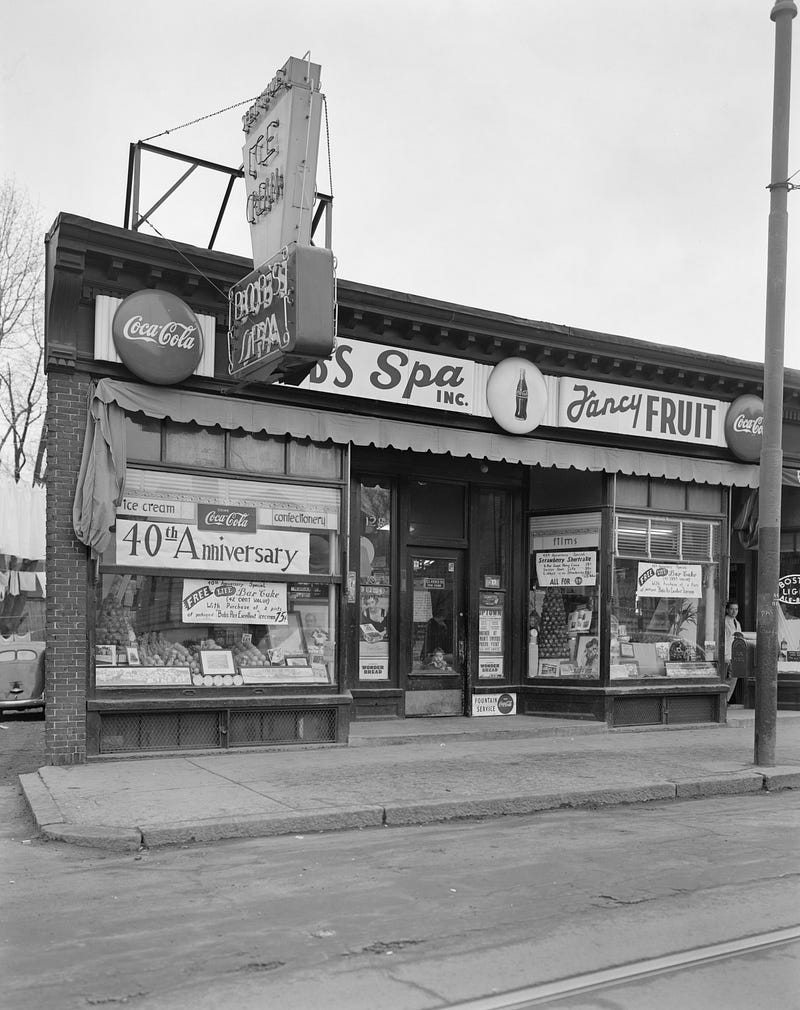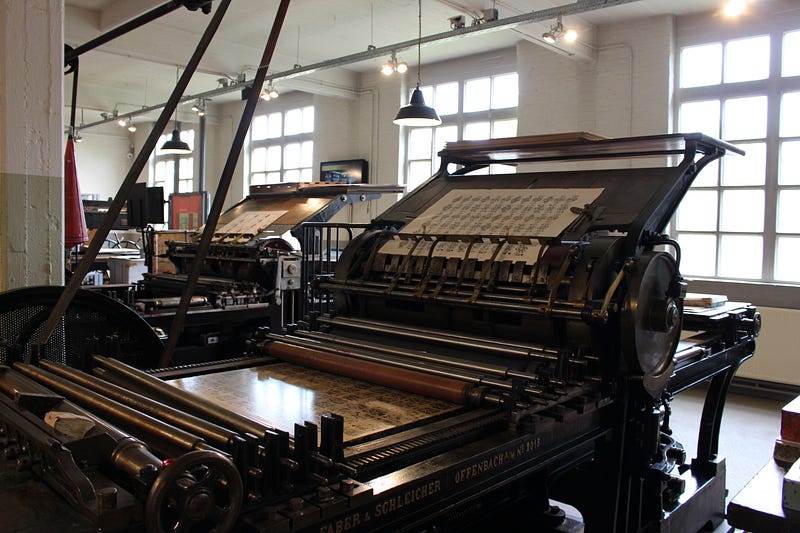A Discussion of Bourgeois Equality Chapter 67 “A Change in Rhetoric Made Modernity, and Can Spread It”
This is an historic blog — 67 chapters over nearly 18 months, and now we are at the final chapter of Dr. McCloskey’s Bourgeois Equality!
I was drawn to do a chapter by chapter review of this book because of how well she expounds on themes about economics, the functioning of the market, and the need for virtuous people.
This chapter provides her, and me, a last chance to state the source of the magnificent increase in the standard of living that came from the Great Enrichment that started in Northern Europe several hundred years ago and has since spread to most of the world.
As she has said many times before, the critical source of this growth in wealth is a change in ideas and the rhetoric that expressed them.
The change, the Bourgeois Revaluation, was the coming of a business-respecting civilization, an acceptance of the Bourgeois Deal. Much of the elite, and then also much of the non-elite of northwestern Europe and its offshoots, came to accept or even admire the values of exchange and betterment. Or at the least the polity did not attempt to block such values, as it had done energetically in earlier times. Especially it did not do so in the new United States. Then likewise, the elites and then the common people in more of the world followed, including now, startlingly, China and India. (p. 641)
And since it is ideas that underpin this transformation, it is delicate and easily undone by adopting new ideas, hostile to business and the trade tested system of betterment.
Other places and times have flirted with the ideas of the Bourgeois Deal. McCloskey mentions Venice, Florence, Barcelona and the Huguenot settlements in France, among others. Outside Europe she says there were Carthage around 100 BC and Osaka in the 1600s. (p. 640)
The Dutch were the first to adopt them more broadly, but then they fell into one of the usual traps that deadened the growth of trade-tested betterment.
Thus, it ended up being Britain that fully adopted the “business-respecting” society that “undertook to respect — or at least not to utterly despise and overtax and regulate — the bourgeois.” (p. 641)
Yet, it was not a universal adoption of such ideas. McCloskey mentions four groups who look unfavorably on the bourgeois and the trade tested system of betterment.
There are those who consider themselves above the bourgeois, sometimes because they were born with or inherited money, and thus act neo-aristocratic, sneering at the bourgeois. (p. 641)
Then there can be the highly credentialed clerisy who join the chorus of sneering at the bourgeois, particularly those who commit the sin of making more money even though they have less education.
And big business will lobby for regulations that they can afford knowing it will strangle the smaller bourgeois businessmen. (p. 641)
The most surprising threat is the bourgeois themselves who may choose to close the door behind them once they have achieved success to prevent more from rising up, much like the Dutch did. (p. 642)
The Virtuous Bourgeois Era
One way our system of trade-tested betterment is attacked is by saying it is a system that celebrates greed. “Greed is good” as the movie villain Gordon Gekko declared in the 1980s.
But greed is not at all what makes the system work. It is a corruption of it.
In earlier chapters, McCloskey expounds on virtue ethics, which is comprised of the seven principal virtues. These are the four cardinal virtues — justice, temperance, prudence and courage — combined with the three Christian virtues — faith, hope and love.
One of the problems of modern “Samuelsonian” economics, as McCloskey says, is it only considers the virtue of prudence. If the benefits outweigh the costs, then you should do it, even if it violates justice, temperance, hope or love.
Prudence is a great virtue among the seven principal virtues. But greed is the sin of prudence only — namely, the admitted virtue of prudence when it is not balanced by the other six, becoming therefore a vice. (p. 642)
It is not that the free market corrodes moral character. It is that moral character is needed, not only in a free market system but in any social system.
People sometimes want to turn to socialism as a cure for the greed they think is inherent in the free market system, not realizing the lack of virtue is the source of the problem that socialism will not solve.
In fact, socialism can lead to “the sins of envy or state-enforced greed or violence or environmental imprudence.” (p. 644)
Any social system requires people who have internalized ethics.
It must have some device — preaching, movies, the press, child raising, the state — to slow down the corrosion of moral character at any rate by the standard the society sets. (p. 644)
I find that observation concerning because the forces she mentioned are not at all interested in encouraging people to develop virtues. Instead, most of those forces are largely hostile to business and the bourgeois class today and want to blame them for the moral decay.
Trust “The Science”
Another recent development in the last couple of years has been the desecration of science. It used to mean esteeming the scientific method that required discussion and critique, but it has morphed instead into an unquestionable doctrine.
This matters here because McCloskey says, “Science didn’t make the modern world. Technology did, in the hands of newly liberated and honored instrument makers and tinkerers.” (p. 649)
By that she means, the bourgeois were given the freedom to innovate new ideas but also to find ways to use old technologies in new ways. They were not coming up with these ideas from science. They did not even necessarily understand all the science behind it at the academic level. They just knew how to make things work better.
If science now becomes ossified with only one conclusion allowed to stand, that is a hostile environment to the freedom of playing with ideas and tinkering until something works.
Similarly, our rhetoric is threatened by the force of censorship that we now know has been at play at Twitter and other social media companies and probably other spheres we have yet to see evidence of.
If only one narrative can be put forth and if it is hostile to the bourgeois, we will see our standard of living fall.
What changed with accelerating mass from 1600 and 1800 was how people talked about each other, yielding a change in how they thought about technical and then social problems. In other words, a society of open inquiry depends on rhetoric in its politics and in its science and in its economy, whether or not the word “rhetoric” is honored. And because such societies are rhetorically open they become intellectually creative and politically free. (p. 650)
And if our society becomes rhetorically closed, we are likely to see a lack of creativity and freedom, and ultimately a declining standard of living. If good ideas made modernity, bad ideas can easily reverse it.
Reference: McCloskey, Deirdre Nansen, 2016. “A Change in Rhetoric Made Modernity, and Can Spread It,” Chapter 67 of Bourgeois Equality, The University of Chicago Press.




